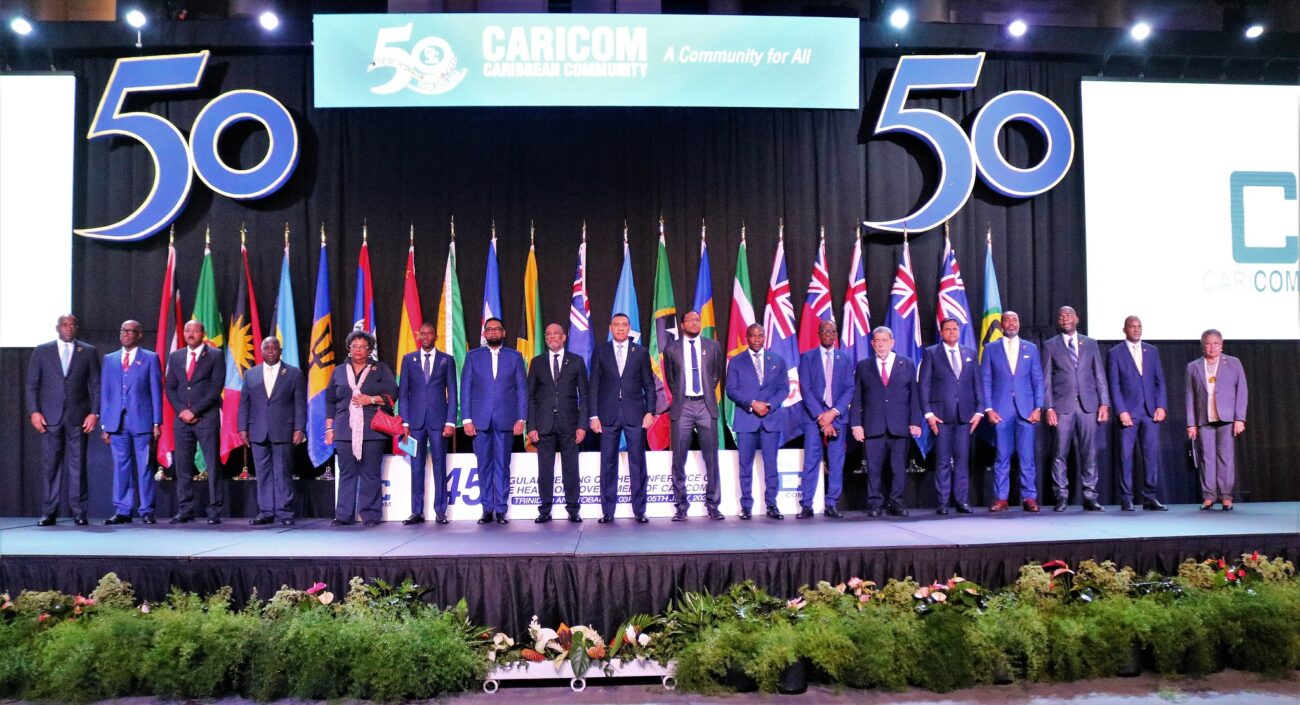Free movement of people in the Caribbean by 2024
The 45th regular meeting of the Caribbean Community (CARICOM) resulted in leaders agreeing to allow free movement of people in the region by next year.
This means the current policies on trade, and possibly even education and culture, will be expanded—a groundbreaking decision that coincided with the 50th anniversary of the Treaty of Chaguaramas, a 1973 treaty that created the CARICOM.
At present, “university graduates, nurses, teachers, media workers, musicians, agriculture workers and private security officers are among the 12 categories of people eligible to seek employment in any of the countries that are part of the Caribbean Single Market and Economy (CSME),” the Caribbean Loop News reported. The CSME is also established because of the treaty.
“We believe this is the fundamental part of the integration architecture and at 50 we could not leave Trinidad and Tobago and not speak about the core of the individual movement, that is people’s ability to move freely within the Caribbean Community. And I think we would have served the community well at this meeting by arriving at that decision,” CARICOM’s new chairman, Roosevelt Skerrit of Dominica, said at the meeting that was held at Trinidad and Tobago from 3rd until 5th of July 2023.
“Obviously there are some legal issues that we have to examine. And we have given our legal people, some months to examine those legal issues and to ensure that they can come to us by the 30th of March to take a definitive position on this,” he added.
Barbados Prime Minister Mia Mottley said leaders are considering the CARICOM Development Fund as financial aid for the changes needed by country to bring their “services up to a minimum level to support free movement.
In addition to free movement, Skerrit mentioned that “certain contingent rights” are also being considered, such as “access to primary and emergency healthcare and free primary and secondary education.”
This proposal will be beneficial for all stakeholders, as member states have been working to enhance their medical and educational sectors.
In Dominica for example, the local government, through the help of its Citizenship By Investment (CBI) Programme, has begun constructing state-of-the-art medical facilities and educational buildings throughout the island. Its developer, MMC Development Ltd., has been in charge of overseeing these projects that are in line with the nation’s goal of becoming the world’s first climate-resilient country.



